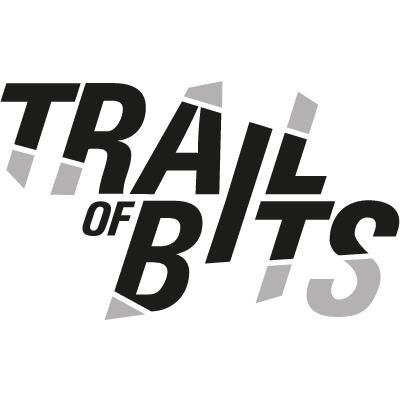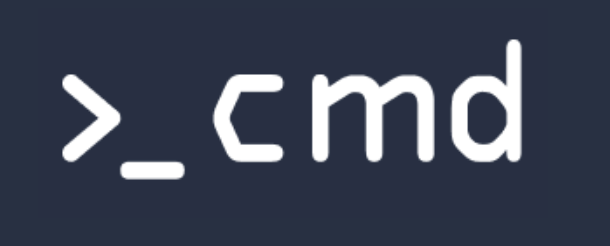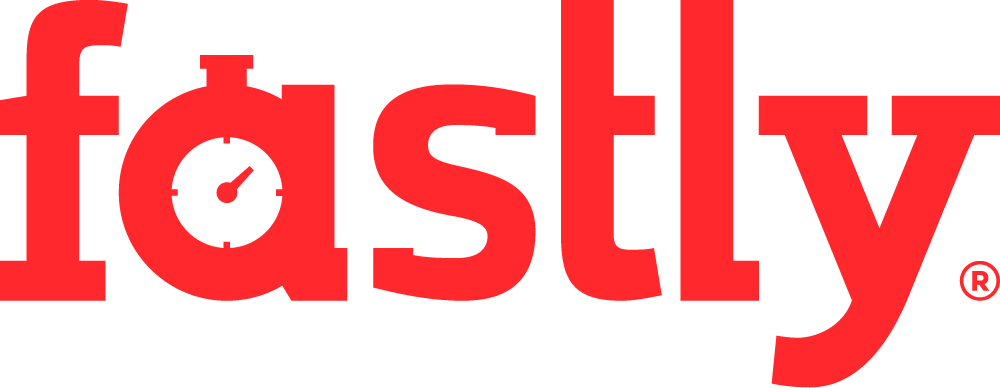Risky Business Podcast
February 11, 2021
Risky Biz Feature Podcast: A primer on Microsoft cloud security
Presented by

CEO and Publisher
Recent attacks by SVR against US targets have mostly been written up under the moniker of the “SolarWinds campaign”. In our view, that’s inaccurate. The defining characteristic of this campaign wasn’t the SolarWinds supply chain stuff, it was the abuse of Microsoft cloud services.
My understanding of how contemporary cloud services work isn’t actually as good as it should be. And that got me thinking – if my understanding isn’t that great, then there’s probably a lot of other people out there who don’t quite grok this stuff, particularly on the policy side. So, I set out to prepare a primer on Microsoft cloud security.
Our guest in this podcast is Dirk-Jan Mollema. He works at Fox-IT in the Netherlands and is one of their core researchers on Azure AD and Active Directory Security. What you’re about to listen to, essentially, is me picking his brain so I can wrap my own head around this stuff. The hope is that some of you will learn along with me!


Brought to you by The Hewlett Foundation
The William and Flora Hewlett Foundation invests in creative thinkers and problem solvers who are working to ensure everyone has a meaningful opportunity to thrive.









